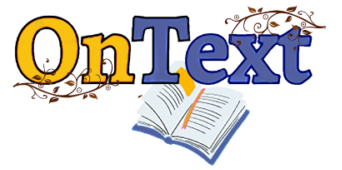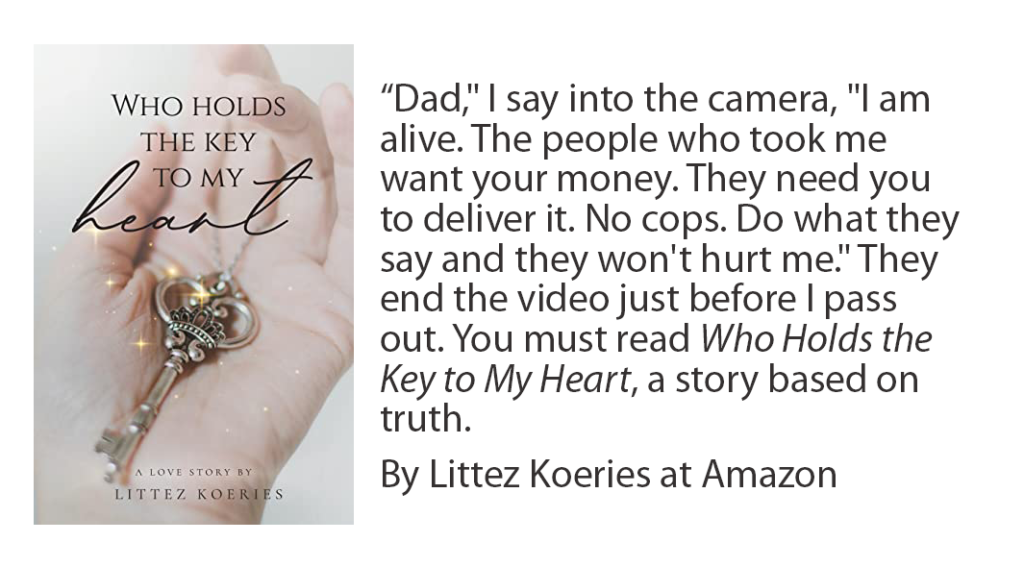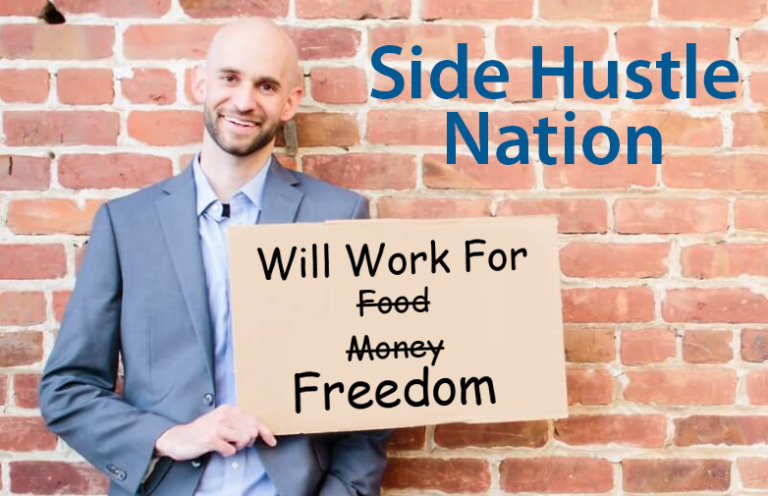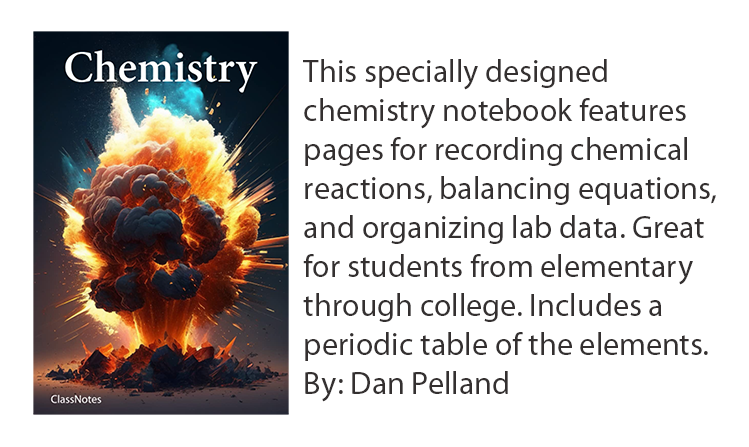Will AI shove us all out of our side hustles? The latest from the experts
Copyrights for AI-generated writing and imaging are under deep scrutiny. The battle is on; the storm rages. If you are a writer, a self-publisher or a side hustler, or you use artificial intelligence in your micro business or your side hustles, it’s essential that you understand where this is going. It’s complicated and intimidating. We attended a webinar with the Copyright Alliance today and hope to give you some helpful insight into where this all may lead.
Do humans control AI generation output, or do machines?
The seminar opened with a pointed opinion from Chris Callison Burch, Associate Professor at the University of Pennsylvania. He specializes in natural language processing and artificial intelligence. Burch declared that creative works produced with AI should be copyrightable because human users alter the content in non-trivial ways. He believes the US Copyright Office underestimates the amount of input humans add.
“If the Office fails to define training AI with literary works as fair use, it would make training these bots almost impossible.” He explained that such trainings are random input. “To get an output, you need a prompt, a random seed, and a model,” he said, so the Office could require proof of those items in order to qualify for copyright registration. Determining fair use on a case-by-case basis would restrict the development of these technologies. So fair use should be a standard definition.
The discussion about copyrights for AI-generated writing and imaging was off to a contentious start.
And the writers’ perspectives
Mary Rasenberger, Executive Director of the Authors Guild and Authors Guild Foundation, pointed out what platforms writers are using, and they definitely are using AI platforms. She said, “GPT 3 is most common, and GPT 4 is next. Bard gets 8% of users.”
About 30% use ChatGPT or its ilk for brainstorming — plot, article ideas, character types, structure, and organizing. One-quarter of use is for marketing and communications like email, flyers, and brochures. At least half of all writers use something like Grammarly for proofreading. While only 7% of writers interviewed admitted to fully generating content, 90% say 10% or less of their writing is generated. Most writers surveyed said their personal touch, voice, and additions are very important to the quality of their product.
Rasenberger said she is personally aware of growing numbers of writers losing business or finding it more difficult to sell their writing since the 2022 release of AI writers. “One writer,” she said, “lost 75% of her income due to AI.”
Generative AI can’t think or express feelings,” Rasenberger went on, “it can only combine what it has learned. Researchers report that no one knows exactly what the training data is, but it pretty much includes every published book. Authors should be able to choose if their work is used to train AI.”
AI training is a complicated model
Though developers are pretty cagey about exact information, most articles online and other works on the internet have been copied and used to train bots. The Authors Guild wants to see collective licensing to allow developers to use data but compensate authors. There was some discussion of anti-trust considerations, probably because almost all AI writing platforms derive at least partially from OpenAi’s ChatGPT.
Edward Hasbrouck of the National Writers Union chimed in, “Without training material, prompts, and human contribution, AI would turn out garbage. GIGO applies — garbage in, garbage out. The works used to train AI are most likely publicly accessible web content.” He suggested that in the decades since the internet became a thing, the copyright office has never adequately addressed policies to protect web content. It’s all just out there, and most of it is copied and used at will.
Copyrights for AI-generated writing and imaging are not only about content
The conversation moved to programming and coding, processes also shifting from all-human to partially AI-generated. Jule Sigall is Associate General Counsel for Copyright in Microsoft’s Legal & Corporate Affairs. Sigall says, “The most popular tool in coding is Co-Pilot. It helps developers bridge from one language to another that they may not know as well.”
He says the line between developer and AI is very clear, but almost any developer would see themselves as the author of a completed coding work. That idea should be considered in whether such material is copyrightable or not. He explained, “These platforms are not reassembling known data. The goal is to create a model that takes elements and creates something new. It should be accessible so people can derive new things from that knowledge.”
Matthew Sag is a Law, Artificial Intelligence, Machine Learning, and Data Science Professor at Emory University Law School. He is deeply versed in the battle of copyrights for AI-generated writing and imaging
He said that a model like GPT has no internal mental state. “When it produces text,” Sag noted, “it is not making a collage; it is recombining its learning and training. It remixes latent concepts.”
Copyrighting AI-generated material is not a simple equation
According to Leigh Hennig, author, editor, and engineer, one hundred editors and publishers interviewed find that authors don’t alter content as frequently as we may think. Apparently, publishers are buried in an influx of cheap content submissions, and that’s impacting writers and editors. Several lawsuits are underway that claim newer works are often highly derivative. Hennig said, “It would behoove us to pay attention to the collateral damage even though there is a positive side.”
Keith Kupferschmid, President and CEO of the Copyright Alliances, declared, “When you copy all these works (to train AI), you are infringing. Does the resulting AI-generated work harm authors or publishers? Consider that you can prompt AI to respond in the voice or style of a given author., and there’s harm. This is not fair use.”
On the other side of the coin, the experts discussed delineation when considering works to be eligible for copyright registration. What about short stories done with mixed human and AI writing? Is there a clear distinction between utility and application for fiction and academic writing or coding? Some would ask the Copyright Office to be flexible and not close off the ability to use AI but still respect the impact on more creative functions like fiction or poetry.
The seesaw of copyrights for AI-generated writing and imaging
One participant was adamant that the Copyright Office should not engage in investigations of whether there is sufficient human involvement in a creative work. There are too many variables, definitions, and methods for anyone to be able to set boundaries. Others maintain that incentives for human authorship must be protected. Did the human create the actual expression of thought in consideration? Is that the decider? And what percent of generated material should require an author disclaimer?
Soon, nearly everyone will be using this technology, which may expand the definition of authorship or written work. We may, said one speaker, end up with rules for the future, not for the past. It seems like that has been the end game with all new technology. Technology proponents always want new technology to be given every advantage. After all, there is always money at stake. Workers concerned about being displaced by machines want tighter restrictions. Now, writers and authors are concerned about invalidating or canceling their copyright registrations.
Why should you be concerned with copyrights for AI-generated writing and imaging? What do you do if you have published your work when the copyright is declared revoked?
Learn more
13 Professional Writers Use GPT in a Study
A WaPo article that tells all about AI Training
Warning! You May Not Be Able to Copyright Artificial Intelligence Generated Images




